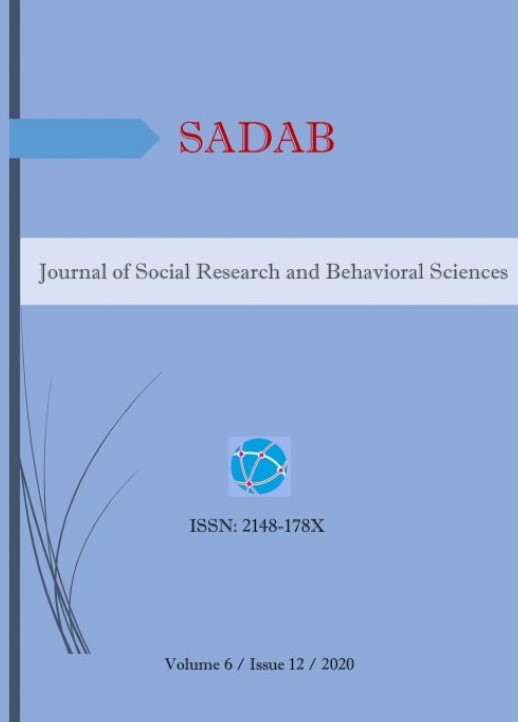Geçiş Ekonomisi Ülkelerde Reformların Makroekonomik Göstergelere Etkisi
Effects of Reforms in Transition Economy Countries on Macroeconomic Indicators
Author(s): Remzi BulutSubject(s): National Economy, Supranational / Global Economy, Economic history, Political history, Economic policy, Government/Political systems, Comparative politics, Post-War period (1950 - 1989), Transformation Period (1990 - 2010)
Published by: SD Yayınevi
Keywords: Socialist System; Macroeconomic Structure; Transition Economies;
Summary/Abstract: Mikhail Gorbachev came to power in the Soviet Union In 1985. For the first time, he stated that the socialist system was blocked and stayed behind the time. He acknowledged that many problems, especially economic and social, was started. It was the first time that these problems were opened to discussion democratically. In these discussions, the topics of “reform program”, “central planning” and “reform in the socialist system” have gained weight. He wanted to apply Perestroika (restructuring) and Glasnost (openness) policies to solve the problems. However, the economic and social problems increased a little more and the necessary solution could not be found. The collapse of the Berlin Wall in 1989 prepared the ground for the collapse of the socialist system. From 1990 onwards, discourses of independence started in the republics that formed the USSR. At the end of 1991, the USSR was formally dissolved. Yugoslavia and Czechoslovakia followed the USSR. As a result, the socialist system known as the Eastern Bloc disintegrated before the year 2000. Thus, these countries that tend to market economies are called “Transition Economies”.
Journal: Sosyal Araştırmalar ve Davranış Bilimleri
- Issue Year: 6/2020
- Issue No: 12
- Page Range: 235-245
- Page Count: 11
- Language: Turkish

